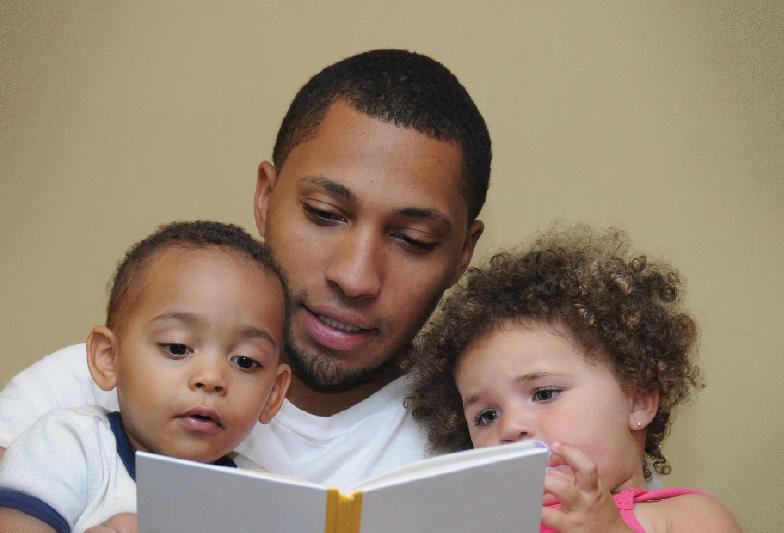By Bev and Phil Haas
 Our daughter has just entered kindergarten and is starting to become untruthful with us. We’ve punished her, but she is still being untruthful and we’re both getting more angry with her.
Our daughter has just entered kindergarten and is starting to become untruthful with us. We’ve punished her, but she is still being untruthful and we’re both getting more angry with her.
In Children the Challenge (Penguin Group, 1991), Dr. Rudolf Dreikurs describes the four mistaken goals of children’s behavior. They are the need for attention, power, revenge, and feelings of inadequacy. Until you understand the goal of your child’s misbehavior, you can’t be sure how to redirect her. So consider the following and aim for understanding your daughter.
• Very young children often do not understand the difference between truth and falsehood. Therefore their dishonesty often stems from fantasy or wishful thinking rather than deliberate deception.
• Children may lie in an attempt to hide something they have done wrong to avoid a consequence.
• Lies may also be used to avoid doing something unpleasant (homework or picking up toys).
• Children with low self-esteem or feelings of insecurity may exaggerate the truth or invent stories to get attention.
This doesn’t justify lying. It is a sin and a heart issue. As Jeremiah writes, “The heart is deceitful above all things, and desperately wicked: Who can know it?” (17:9, New King James Version). Your aim as a parent is to teach your child about honesty. God’s way is a better way.
Encouraging Honesty
Let your daughter know that God loves her (and that you love her), and that God expects us to tell the truth. If she is lying because she is afraid of disappointing you, it’s important that she knows your love is constant.
If her comments reveal a blurring of reality and fantasy, calmly say that you know what is being said is untrue: “I know you’d love to have a dog, so you were imagining we had two puppies.”
Refrain from calling your child a liar; negative labels can tear away self-esteem and lead to self-confirming behavior. Use positive phrasing by saying, “It’s important to tell the truth,” instead of saying, “Oh, you lied.” Similarly, it is not helpful to bring up past mistakes by saying, “You keep lying to me” or “This is the third time you’ve lied about this.”
Don’t pretend ignorance. If you know the answer to the question “Who did this?” or “Did you pick up your toys?” don’t ask it. Don’t expect your child to tell on herself when she knows you are set to get angry. Backed into a corner, a child may think she has no option but to lie.
Instead, if you already know the truth, calmly look her in the eye and say, “I see the toys are still on the floor.” She doesn’t need to lie and there is no debate.
If you catch your child telling a blatant lie, tell her you know she’s not being honest: “I know that isn’t true. It’s normal to worry about telling the truth if we’re afraid we’ve done something wrong, but lying isn’t helpful. I see you got toothpaste all over the counter. What could be done to solve the problem?” If possible, avoid lecturing or criticizing; this is usually counter-productive.
Children need firm limits with lots of love and warmth rather than sternness. Speaking with disapproval shuts down a child and doesn’t acknowledge her feelings. You can still say no while hugging your daughter or listening to her feelings. You don’t give in to the request, but you do give love and attention.
Don’t set consequences just yet. Consequences are about teaching, not causing distress. Just stay until the two of you figure out together what needs to happen next. Give your child a chance to make amends.
Don’t ask and invite a lie; instead, describe the situation and invite her to take responsibility. (“Show me the counter when it’s clean” or “Show me the room when the toys are picked up.”)
Be Positive
Children learn more through watching other people’s behavior than through any other form of direct guidance or discipline. Make sure you are not inadvertently teaching your child that lying is acceptable.
Praise her new attempts at honesty. Always be encouraging and positive when your child tells the truth. Recently Caden threw a baseball and broke a window. He had to go inside and speak the truth. The best words his dad could say were, “Thank you for telling me you broke the glass. I really like it when you’re honest.”
Send your questions about family life to Phil and Bev Haas in care of The Lookout, 8805 Governor’s Hill Drive, Suite 400, Cincinnati, OH 45249, lookout@standardpub.com.We regret that personal replies are not always possible. Phil and Bev Haas are involved in education and family ministry in Cincinnati, Ohio. They are the parents of two children and they have two grandsons.



Comments: no replies